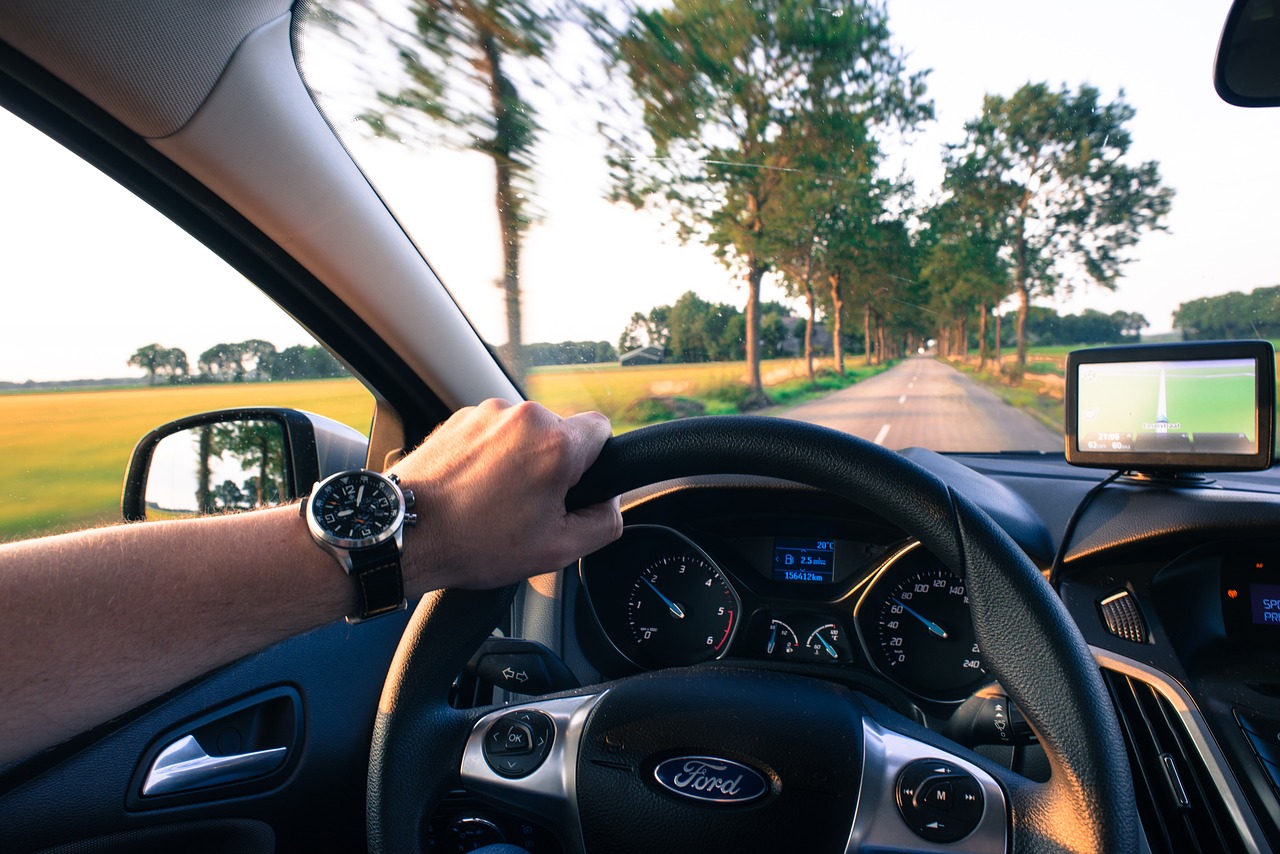When moving across the country, in addition to moving your things, you also need to consider how you’re getting your vehicle to its destination. At first glance, driving a car across the country seems like the cheapest option. After all, a vehicle shipment can cost hundreds of dollars. Yet, you shouldn’t rule out shipping your car for this reason alone. Both of these options have different pros and cons that depend on a wide range of factors. Kip’s Cross Country Movers (kipscrosscountrymovers.com) breaks them down for you:
Time
If you decide to drive across the entire United States from one coastline and ocean to another, so to speak, then the trip can cover almost 2800 miles depending on your start and end points. The time it takes to travel that distance can run from anywhere between three days to a week depending on the number and duration of food, rest, bathroom and sleep stops and delays caused by construction, traffic congestion, accidents, breakdowns and other emergencies. You must ask yourself if you have the time and money to make the trip. If not, you must determine if you can afford to pay someone to drive the car for you.
If you decide to ship your vehicle and travel separately by plane or train, you can reach your destination in a few hours or days. It can take between five days and two weeks for your vehicle to arrive unless you pay extra for faster shipping. You must also take into account the time to travel to the airport or train station and any traffic delays on the way, waiting for the plane or train to arrive, delays during transit, waiting for luggage and a rental car or a taxi or rideshare vehicle and then the remaining journey to your new home.

Gasoline
Gas-powered and hybrid car owners must estimate cost based on per gallon mileage and gas prices at the start point and at stations in different states following the shortest distance between the locations. Keep in mind that fuel prices are different across the country based on national and local standards. You should always add an extra 100 miles to your fuel cost estimate to take into account any times that you might have to travel out of the way, such as when road construction forces you to take a detour that’s longer than your mapped out plan. When you ship a vehicle, the total rate amount quoted to you by a shipper includes the fuel prices at the time of the quote and the estimated cost of fuel based on the size and weight of your car and the transport distance. Shippers also typically charge more for going out of their way to deliver door-to-door and to remote locations.
Emergencies
Without a doubt, shipping is the better option when you factor emergencies into the estimated costs for your journey. The best shippers quote package rates that include excellent insurance coverage. As a result, if an emergency happens that delays shipment or damages your vehicle, you don’t have to worry about the repair or rental car costs. When you drive across country, you have to pay out of pocket and use your own insurance. You might think that an emergency won’t happen, but there’s no guarantee. Your car might break down. Another driver might hit your vehicle, or you might hit a deer or other animal. The stress from driving thousands of miles in different kinds of traffic can cause anxiety, indigestion and even a heart attack. Along the way, you might experience a severe allergic reaction or poisoning from a snake, insect bite or food. You might become distracted while driving or parked and experience an injury. A medical emergency can cost tens of thousands of dollars. Shipping your car reduces most of these risks.
Miscellaneous
Both driving and shipping options result in expenses that most people fail to consider, such as tolls and parking fees when driving. If you don’t sleep in your car or an attached trailer, you must pay for a motel or hotel room. Food costs are higher at toll road, and major highway rest stops. You must also take into account the potential cost of lodging for several extra days or longer if your car needs repairs or you become sick. Additionally, adding thousands of miles of travel to your vehicle can cause parts to wear down faster, which then results in additional car repair expenses after your move.
On the other hand, if you ship your vehicle, you must take into account public plane and train costs, the high cost of food at airports and train stations and possibly a taxi, rideshare or rental car costs. You might need a rental car if you have to wait several days for delivery. You might also need to pay a taxi or rideshare company to drive you to the delivery site if you choose terminal-to-terminal delivery.

Given that everyone has different moving needs and types of vehicles, the choice you make depends on your situation. To make an informed decision, research all of the factors and costs related to driving across the country based on the shortest driving distance and stop points along the way and then contact local car shipping companies for estimates so that you can find the cheapest shipper and compare costs. Once you have this information, always make the choice that not only saves you time and money but also reduces stress and hassle.

